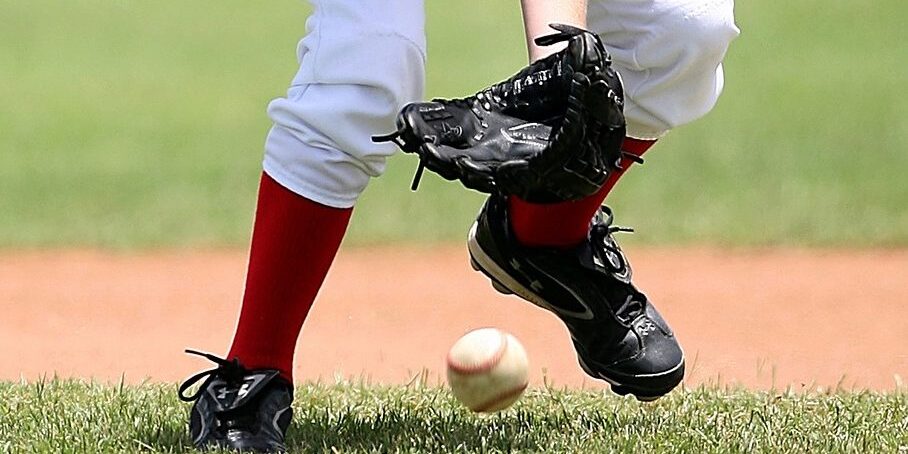One summer, when I was in early elementary school, my little league coach was a High School student. My brother and uncle were both in high school at the time as well and were helping him out with our practices. One day, we were all in the field and I was playing shortstop. Our teenage coaches thought they would give us some fielding practice by having one of them pitch (as hard as possible) and having another one of them hit (as hard as possible).
Here’s what happened next:
- Ground ball is hit sharply and is coming at me REALLY fast
- Ball jumps up off the ground and hits me in the eyeball
- I’m laying on my back looking up at the sky
- Teammates run over to see if I’m dead, skid to a stop and spray dirt in my face.
Those are the things I remember. Oh yah . . . and my eye was quickly swelling shut.
When we underestimate our strength, we can do some damage in two different ways. First, as this particular story illustrates, we can hurt somebody with an overuse of force. But the second way is a little different and may actually be more damaging. You see, sometimes when we underestimate our strength, we don’t do the good we could do because we don’t fully realize just how much power we have to do it.
I think that may be true for the church when it comes to foster care. Here are three areas where we might be underestimating our strength:
- The numbers
We are daunted by the giant number of kids in care (over 400,000 in the U.S.) and yet in most every state in the country, the number of churches is very close to the number of kids in care. Considering the average church attendance in the U.S. is around 186, we’ve got the kids outnumbered – by a lot. Each of them should be able to have several of us in their corner.
- The programs
So many churches in our communities already have numerous programs up and running that could make a HUGE difference in foster care if only leveraged to do so. These programs could easily be tweaked or expanded to minister to kids, biological families, and foster and adoptive parents. Here are five examples:
- Addiction recovery programs
- Mentoring and tutoring programs
- Parenting classes
- Personal finance classes
- Marriage classes
Making a huge impact in foster care in your community could be as easy as calling one of the leaders of these ministries in your church and asking them to grab lunch.
- The power of God demonstrated through prayer
Obviously, I saved the best for last. While the world may not buy into this (and why would they if they haven’t seen it demonstrated in their community), we have the ability to go to the God of the Universe and ask anything. According to His Word, if it falls in line with His will, we WILL receive it. Are those prayers being prayed for kids and families in foster care where you live? If not, what can you do to get it started? (For one possible idea, CLICK HERE).
Church, we may not know our own strength. If we did, it could make a huge difference in the lives of a lot of kids.
This post originally appeared in our Foster Roster e-newsletter which is delivered each Friday. We keep it short and sweet and fill it with practical articles, videos, blog posts and other tools for leaders like you working to provide more than enough for kids and families in foster care. To sign up, go to http://bit.ly/1rwn6eO.

